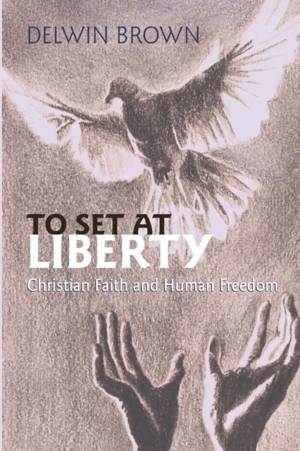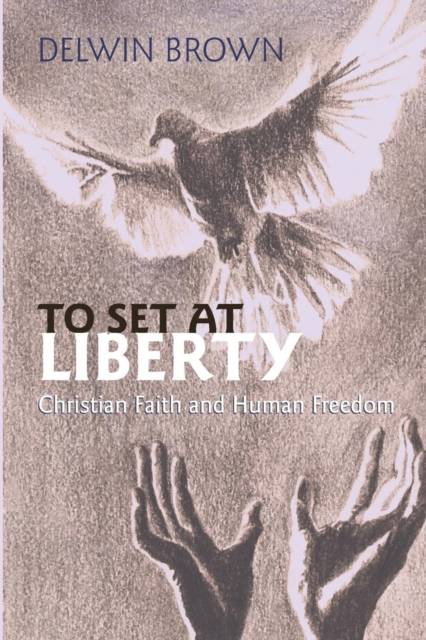
- Retrait gratuit dans votre magasin Club
- 7.000.000 titres dans notre catalogue
- Payer en toute sécurité
- Toujours un magasin près de chez vous
- Retrait gratuit dans votre magasin Club
- 7.000.0000 titres dans notre catalogue
- Payer en toute sécurité
- Toujours un magasin près de chez vous
Description
""The greatest event in twentieth-century church history was the Second Vatican Council. The greatest achievement, which this event has made possible, is the liberation theology and praxis of Latin America. In this event and in this achievement freedom has won a great victory. ""The consequences of this victory have been almost as important for Protestants as for Catholics. Indeed they have included the destruction of the great wall that separated these two communities for so long. For a while this seemed to render Catholic thought highly dependent upon the last two centuries of Protestant theological development. But the actual result is that the great initiatives of the global Christian movement are now in the hands of Catholics. In so far as there is a center for the theology of the Protestant/Orthodox World Council of Churches, that center is constituted by the primarily Catholic theology of liberation. ""Sadly, however, we must recognize that while liberation theology advances in the Third World, First World churches are drawing back from their supportive interest. This is equally true of Catholics and Protestants, of Germans sand North Americans. Churches in the First World are attending to increasing demands of their more conservative constituencies and seem less and less able to adopt positions that transcend economic and national interests, It seems all too likely that in the eighties a politicized Third World Christianity will confront a First World church concerned for other-worldly salvation and peace of mind and whose political dimension is exhausted by its nostalgia for an older morality and its sanctification of existing structures of power . . . ""Brown's book makes evident how natural it is for North American theologians to share in the themes of liberation theology. Karl Barth astutely observed that when the. United States produced its own theology, this should be a theology of freedom. To Set at Liberty is just such a theology of freedom . . . ""One of the most important lessons the Latin Americans have to teach us is that improved understanding by itself will not go far to produce those changes in United States policy, our church life, or personal life-styles which must occur before our national role ceases to block the movement of political liberation in Latin America And elsewhere. The message of liberation theology is that doctrines developed outside the matrix of practice are likely to have too little effect upon practice. Process theology must learn this lesson too. But meanwhile we can be grateful that Brown has done much to pave the way to partnership between one strand of North American theology and the great movement of Latin American theology."" from the Foreword by John B. Cobb, Jr. Delwin Brown (1935-2009) was Dean Emeritus of the Pacific School of Religion. He also served as Harvey H. Pontoff Professor of Christian Theology at Iliff School of Theology and taught at Arizona State University. His previous work has appeared in such journals as Religious Studies, Process Studies, Journal of the American Academy of Religion, and Evangelische Kommentare.
Spécifications
Parties prenantes
- Auteur(s) :
- Editeur:
Contenu
- Nombre de pages :
- 154
- Langue:
- Anglais
Caractéristiques
- EAN:
- 9781610974462
- Date de parution :
- 19-07-11
- Format:
- Livre broché
- Format numérique:
- Trade paperback (VS)
- Dimensions :
- 152 mm x 226 mm
- Poids :
- 226 g

Les avis
Nous publions uniquement les avis qui respectent les conditions requises. Consultez nos conditions pour les avis.






